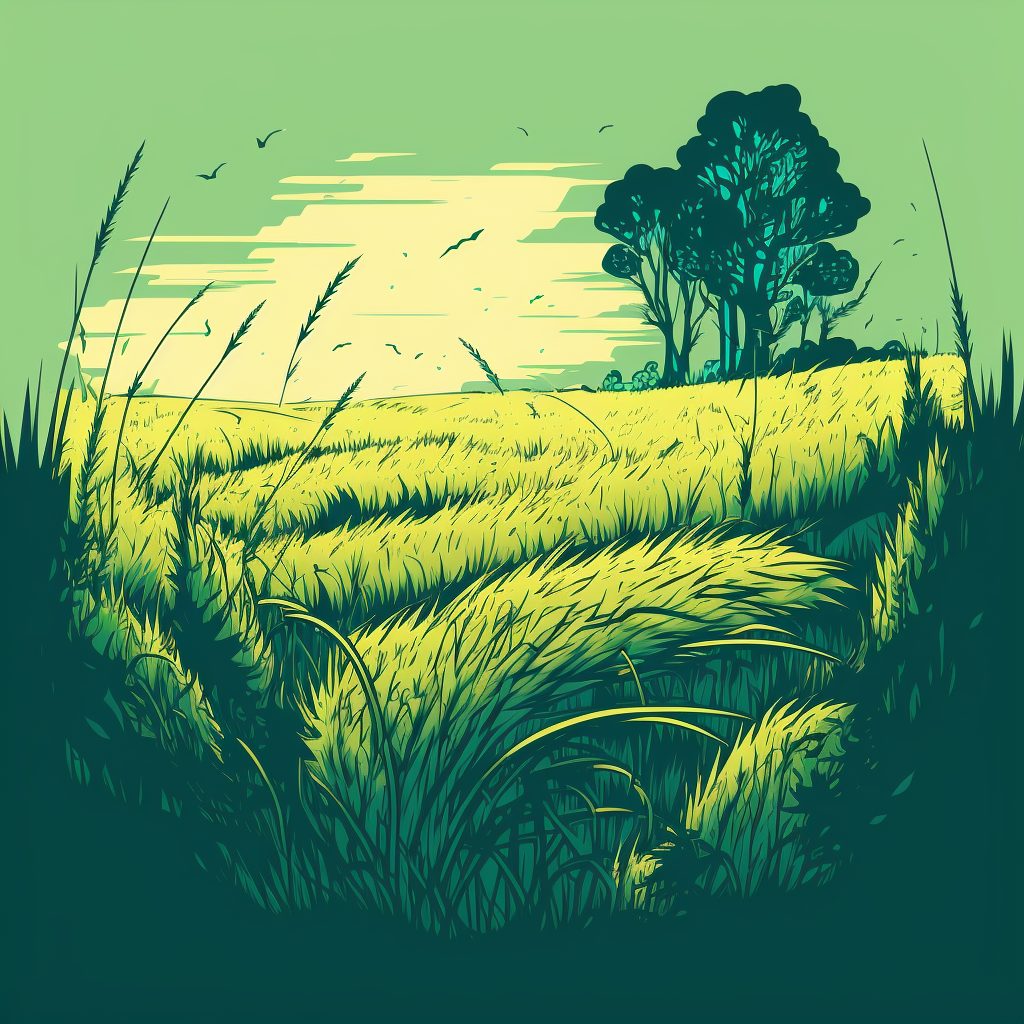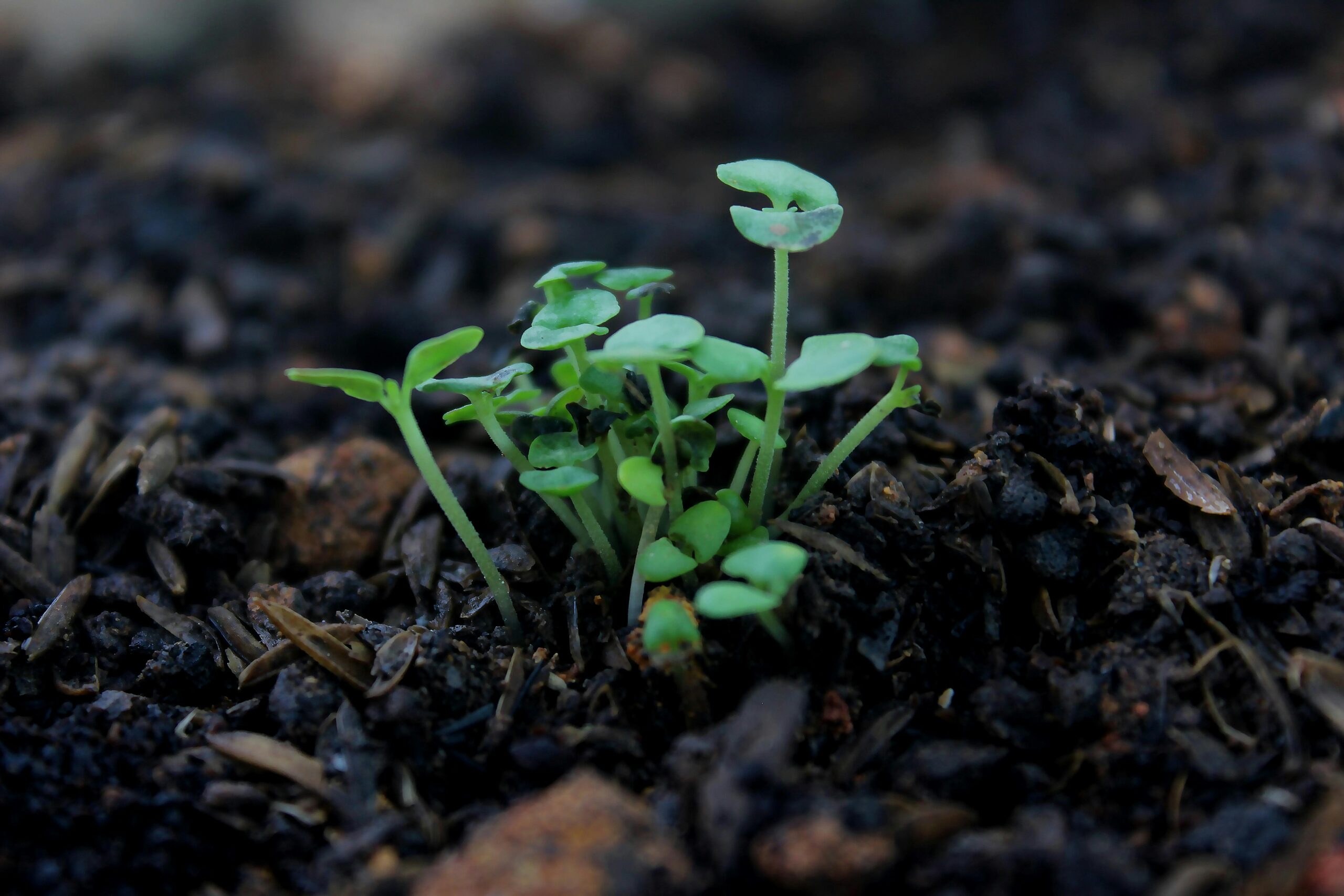By Josh Tickell
Introduction: The Soil Solution Beneath Our Feet
In Kiss the Ground, award-winning filmmaker and environmental advocate Josh Tickell offers a bold yet surprisingly simple idea: the key to reversing climate change is right under our feet—literally. That key is soil.
This powerful and accessible book brings together science, storytelling, and hope to explain how regenerative agriculture—a set of farming practices that restore soil health—can draw down carbon, boost biodiversity, produce healthier food, and heal ecosystems and communities.
If you’re feeling overwhelmed by the climate crisis, Kiss the Ground offers an uplifting, solution-oriented perspective: regeneration is not only possible—it’s already happening.
The Core Message: Healthy Soil, Healthy Planet
Tickell argues that much of the climate discourse focuses on reducing emissions—an essential but incomplete goal. Even if we stopped all emissions today, it wouldn’t be enough to reverse global warming.
That’s where soil comes in. Through a process called carbon sequestration, healthy soil can pull CO₂ out of the atmosphere and store it safely in the ground. And the best way to restore soil health? Regenerative agriculture.
What Is Regenerative Agriculture?
Unlike conventional farming, which relies heavily on chemicals, tillage, and monoculture, regenerative agriculture:
- Builds topsoil through natural processes
- Increases soil organic matter, which locks in carbon
- Uses cover crops, compost, and rotational grazing
- Enhances biodiversity, water retention, and nutrient density
Tickell frames regeneration as a holistic and harmonious way of farming—one that mirrors nature instead of fighting it.
Key Themes and Takeaways
1. The Dirt on Soil
Soil isn’t just dirt—it’s a living, breathing ecosystem teeming with microbes, fungi, insects, and organic matter. When we farm conventionally, we kill this life:
- Tilling breaks up fungal networks and releases stored carbon
- Chemical fertilizers and pesticides destroy microbial diversity
- Monoculture depletes nutrients and invites pests
Regenerative practices revive the soil microbiome, which is crucial for both plant health and climate regulation.
💡 Takeaway: Soil is a vital carbon sink and life-support system.
2. The Carbon Cycle and Drawdown
Tickell introduces readers to the carbon cycle—the natural flow of carbon through the earth’s systems. Human activity has disrupted this cycle by:
- Releasing stored carbon through fossil fuel combustion
- Destroying forests and grasslands
- Degrading soil through industrial agriculture
Regenerative agriculture restores the carbon cycle by using plants and microbes to pull carbon from the air and fix it in the ground.
💡 Takeaway: We can’t just stop emissions; we have to draw carbon down.
3. Food as a Climate Solution
Food isn’t just a personal health issue—it’s a planetary issue. The way we grow food affects:
- Greenhouse gas emissions (from livestock, fertilizers, deforestation)
- Biodiversity (through habitat destruction)
- Human health (via soil quality and nutrition)
Regenerative agriculture produces nutrient-dense, chemical-free food while also regenerating ecosystems and cooling the planet.
💡 Takeaway: Your food choices can become a force for global healing.
4. Farmers as Climate Heroes
One of the book’s strengths is its human-centered storytelling. Tickell profiles farmers and ranchers around the world who have transformed their land through regenerative methods:
- Gabe Brown in North Dakota uses cover crops and grazing rotations to increase yields and biodiversity.
- Allan Savory in Africa developed holistic grazing to reverse desertification.
- Kristin Ohlson, author of The Soil Will Save Us, shares insights on community-scale transformation.
These farmers are not just growing food—they’re sequestering carbon, saving water, and restoring entire ecosystems.
💡 Takeaway: Farmers are frontline warriors in the climate fight.
5. Healing People and Planet Together
Tickell connects soil health to human health, showing that:
- Healthier soil = healthier plants = more nutrient-rich food
- Regenerative practices eliminate the need for chemical pesticides and fertilizers
- Eating from regenerative systems reduces exposure to toxins and improves gut health (linked to immunity, mood, and longevity)
This integrated approach reflects systems thinking: what’s good for the land is also good for the body and the community.
💡 Takeaway: Healing the soil heals us too.
6. Policy, Profit, and Possibility
Kiss the Ground doesn’t shy away from the economic and political realities. Tickell highlights how:
- Agribusiness subsidies often reward destructive practices
- Small regenerative farmers struggle without support
- Carbon markets and soil credits could incentivize change
He calls for grassroots activism, better agricultural policy, and consumer awareness to shift the system. Importantly, he shows that regeneration is profitable—many regenerative farmers reduce input costs and increase long-term yields.
💡 Takeaway: A regenerative economy is both possible and profitable.
The Big Picture: A Regenerative Revolution
Kiss the Ground is more than a book—it’s a movement. Tickell urges readers to:
- Advocate for regenerative agriculture policies
- Support regenerative farmers and brands
- Compost, garden, and reduce food waste
- Spread the word—hope is contagious
He emphasizes that climate change is not just a crisis—it’s an invitation to transform how we live, farm, and eat.
Final Thoughts: A Book of Hope and Action
In an era dominated by fear and environmental doom, Kiss the Ground offers a rare thing: hope rooted in science and stories. Tickell’s optimism is grounded in data, not delusion. The book challenges us to stop thinking like extractors and start thinking like regenerators.
“We have the power to heal the Earth—and ourselves—by changing how we treat the soil beneath our feet.”



